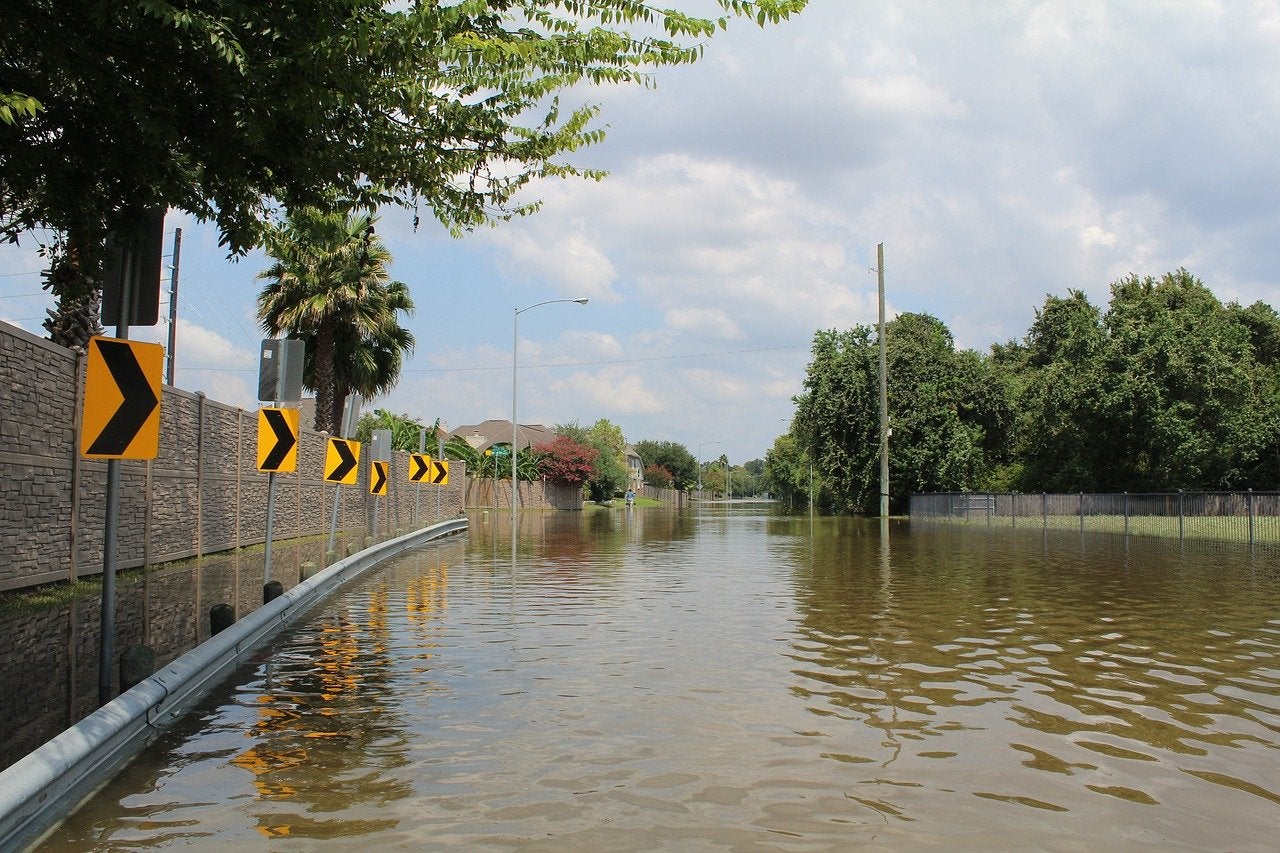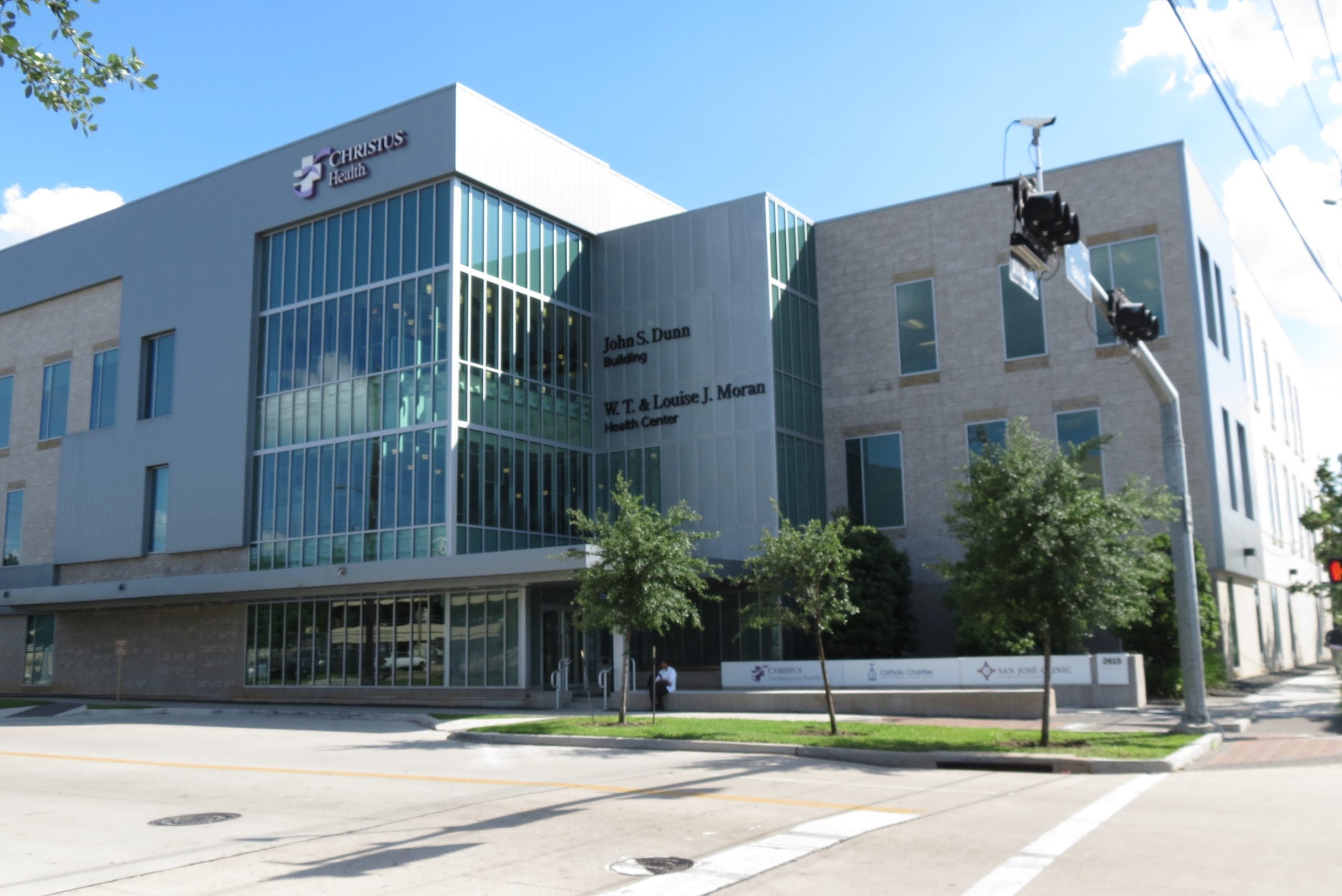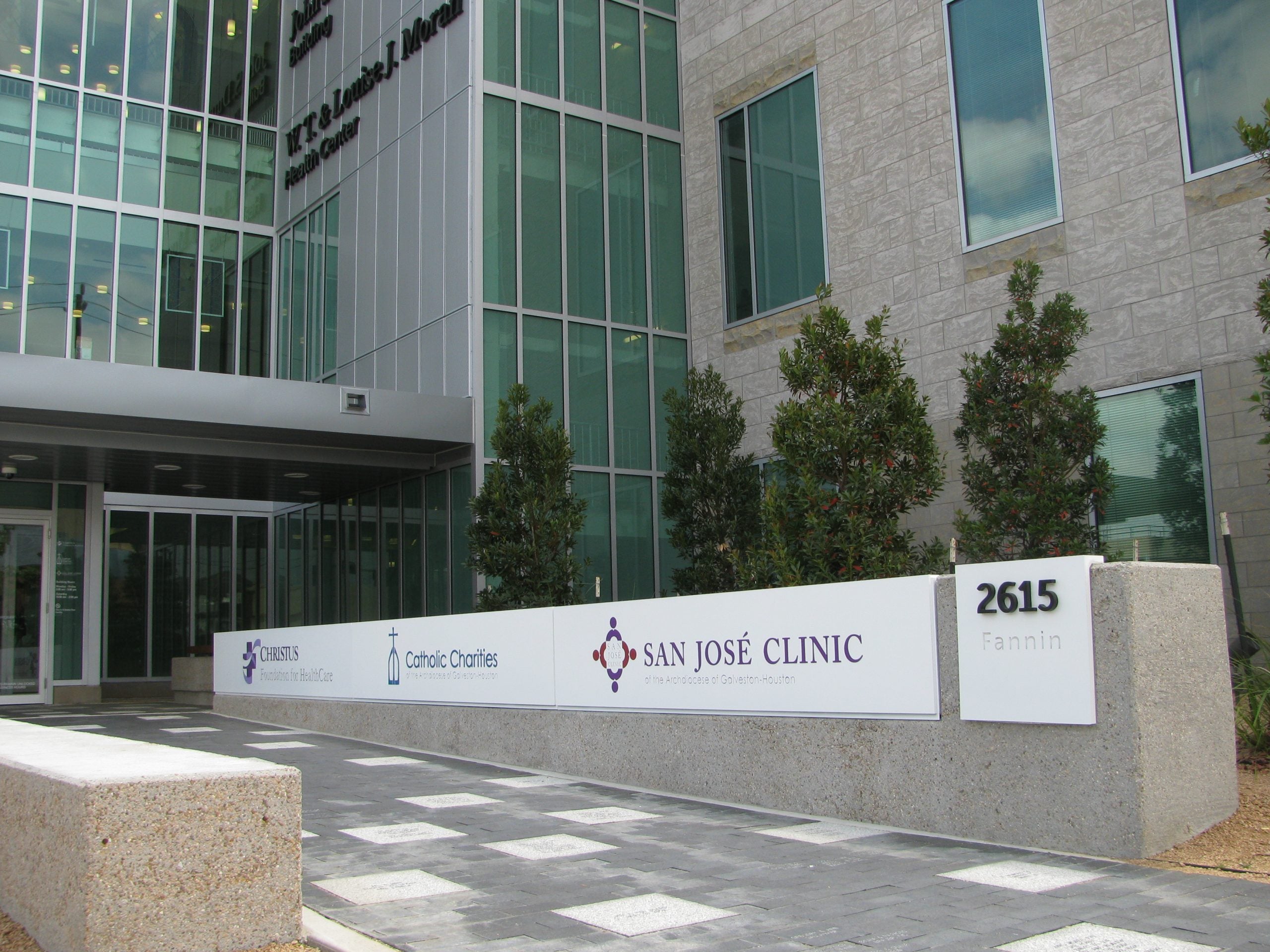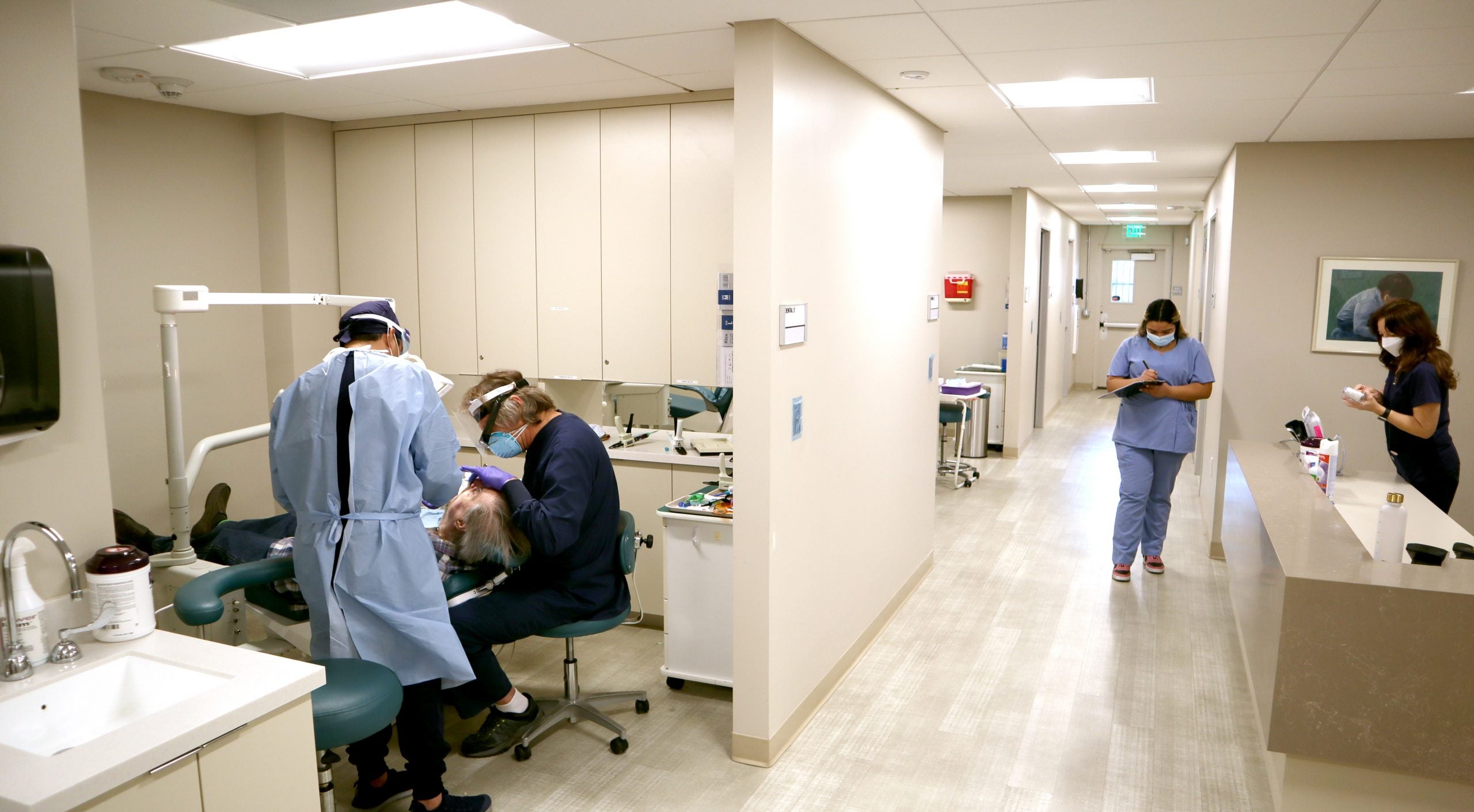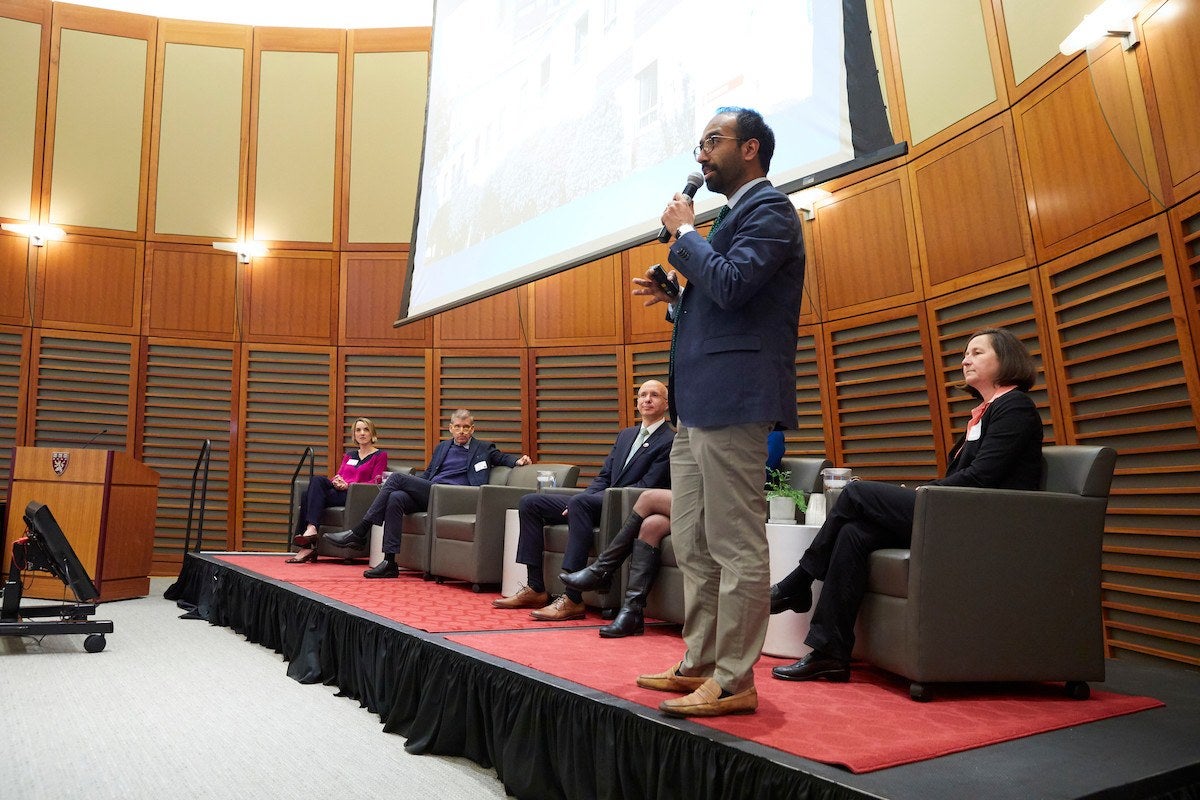Climate change expected to increase hospital flooding risk by 22% this century
Boston, MA – The first study to systematically investigate flooding risk to hospitals on the Atlantic and Gulf Coasts from Category 1-4 storms finds that even relatively weak storms pose a serious flood risk to hospitals along the coast. Sea level rise expected in this century due to the effects of climate change increases the odds of hospital flooding by 22% according to a study, which was published today in the AGU journal GeoHealth by the Center for Climate, Health, and the Global Environment at Harvard T.H. Chan School of Public Health, Boston University School of Medicine Department of Family Medicine, and PSE Healthy Energy.
“We now have a better sense of which hospitals are likely to flood from a hurricane today and those that need to prepare for greater risks in the future,” said senior author Dr. Aaron Bernstein, Interim Director of Harvard Chan C-CHANGE. “Hurricanes are expected to get more severe and may strike regions further north than in the past due to climate change. In places like my hometown of Boston, we can avoid crises that other hospitals have had to endure by learning from their experience and creating plans that build on best practices. But we must act now, before disaster strikes.”
Researchers identified 682 acute care hospitals in 78 metropolitan statistical areas located within 10 miles of the Atlantic and Gulf Coasts of the United States, covering a population just under 85 million people, or about 1 in 4 Americans. They found that 25 of the 78 metro areas studied have half or more of their hospitals at risk of flooding from a Category 2 storm.
The 10 metro areas where a Category 2 hurricane threatens access to hospital care most are:
- Miami-Fort Lauderdale-West Palm Beach, FL
- New York-Newark-Jersey City, NY-NJ-PA
- Boston-Cambridge-Newton, MA-NH
- Orlando-Kissimmee-Sanford, FL
- New Orleans-Metairie, LA
- Tampa-St. Petersburg-Clearwater, FL
- North Port-Sarasota-Bradenton, FL
- Jacksonville, FL
- Cape Coral-Fort Myers, FL
- Philadelphia-Camden-Wilmington, PA-NJ-DE-MD
The modeling shows that with sea level rise expected this century, the Baton Rouge, Virginia Beach, Corpus Christi, Philadelphia, and Boston metro areas have over 90% increases in the number of beds at risk of flooding from a Category 2 storm.
Recent storms have devastated hospital infrastructure. This study finds that even if hospital buildings may not be flooded the roads around them may be, restricting or preventing access to care. In 18 metro areas, at least half of the roads within one mile of hospitals were at risk of flooding from a Category 2 storm. Flooded roads have often been a major challenge to emergent patient transfer during hurricanes as well as patient and staff access to hospitals well after storms have passed.
The Southeast Louisiana Veterans Health Care Center built in 2016, which replaced the VA Hospital and Charity Hospital in New Orleans after Hurricane Katrina, provides a model for how coastal hospitals and health systems can improve their resilience to hurricanes, according to the study authors. It was designed to remain operational for seven days even if city utilities and infrastructure are compromised and features back-up fuel supplies, on-site sewage treatment facilities, and sufficient accommodations for up to 1,000 staff and patients to shelter in place. Critical mechanical and electrical equipment as well as patient care areas are located at least 20 feet above the 100-year floodplain.
This study is part of Harvard Chan C-CHANGE’s Climate MD program, which helps identify, support, and prepare health care workers to address climate-related impacts on health and health care delivery. The program helps health care providers buffer risks to the patients they serve, protect people most at risk from the climate crisis, and advance health equity.
—
About Harvard Chan C-CHANGE
The Center for Climate, Health, and the Global Environment at Harvard T. H. Chan School of Public Health (Harvard Chan C-CHANGE) increases public awareness of the health impacts of climate change and uses science to make it personal, actionable, and urgent. Led by Dr. Aaron Bernstein, the Center leverages Harvard’s cutting-edge research to inform policies, technologies, and products that reduce air pollution and other causes of climate change. By making climate change personal, highlighting solutions, and emphasizing the important role we all play in driving change, Harvard Chan C-CHANGE puts health outcomes at the center of climate actions. To learn more visit https://www.hsph.harvard.edu/c-change/.













